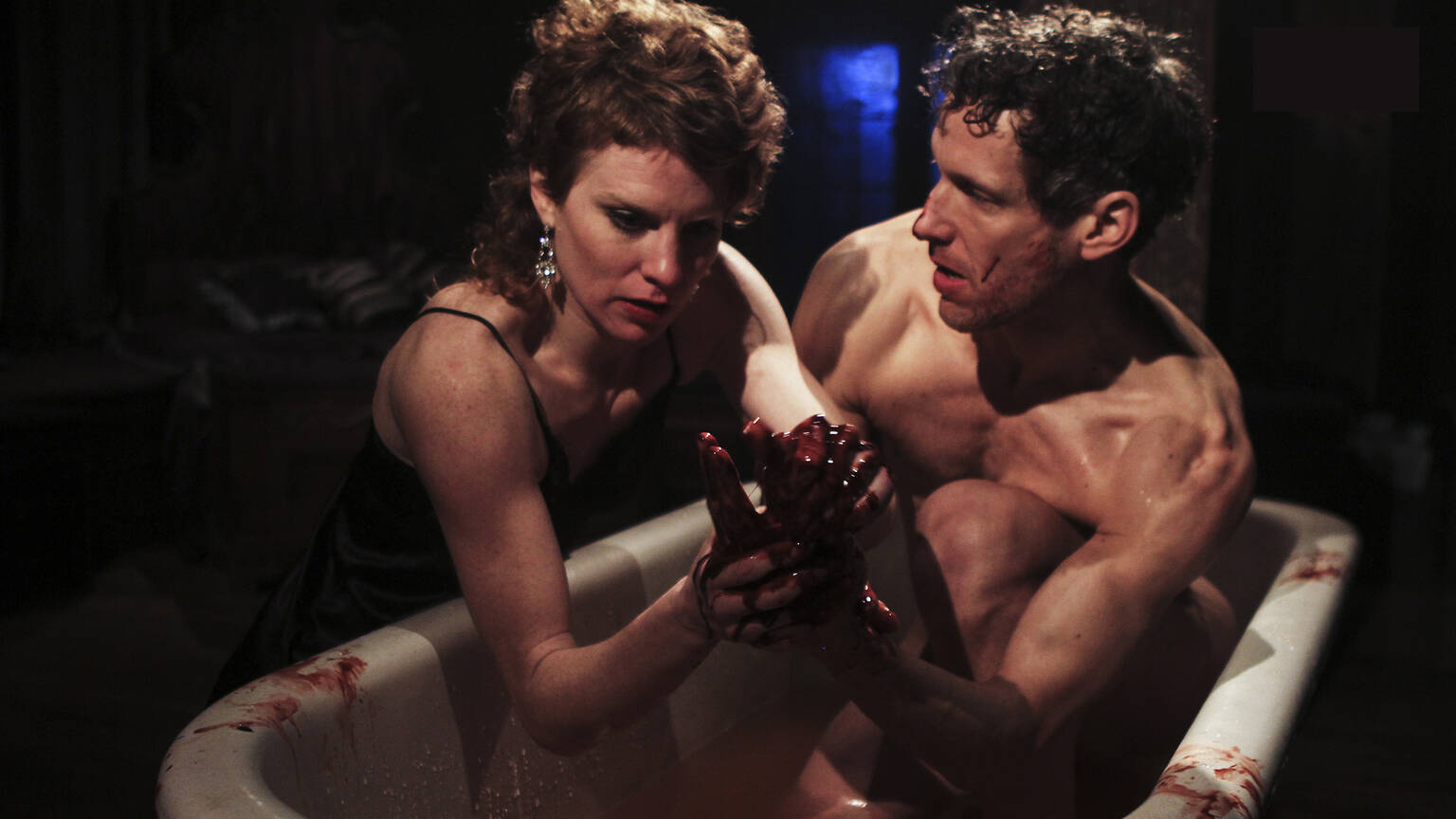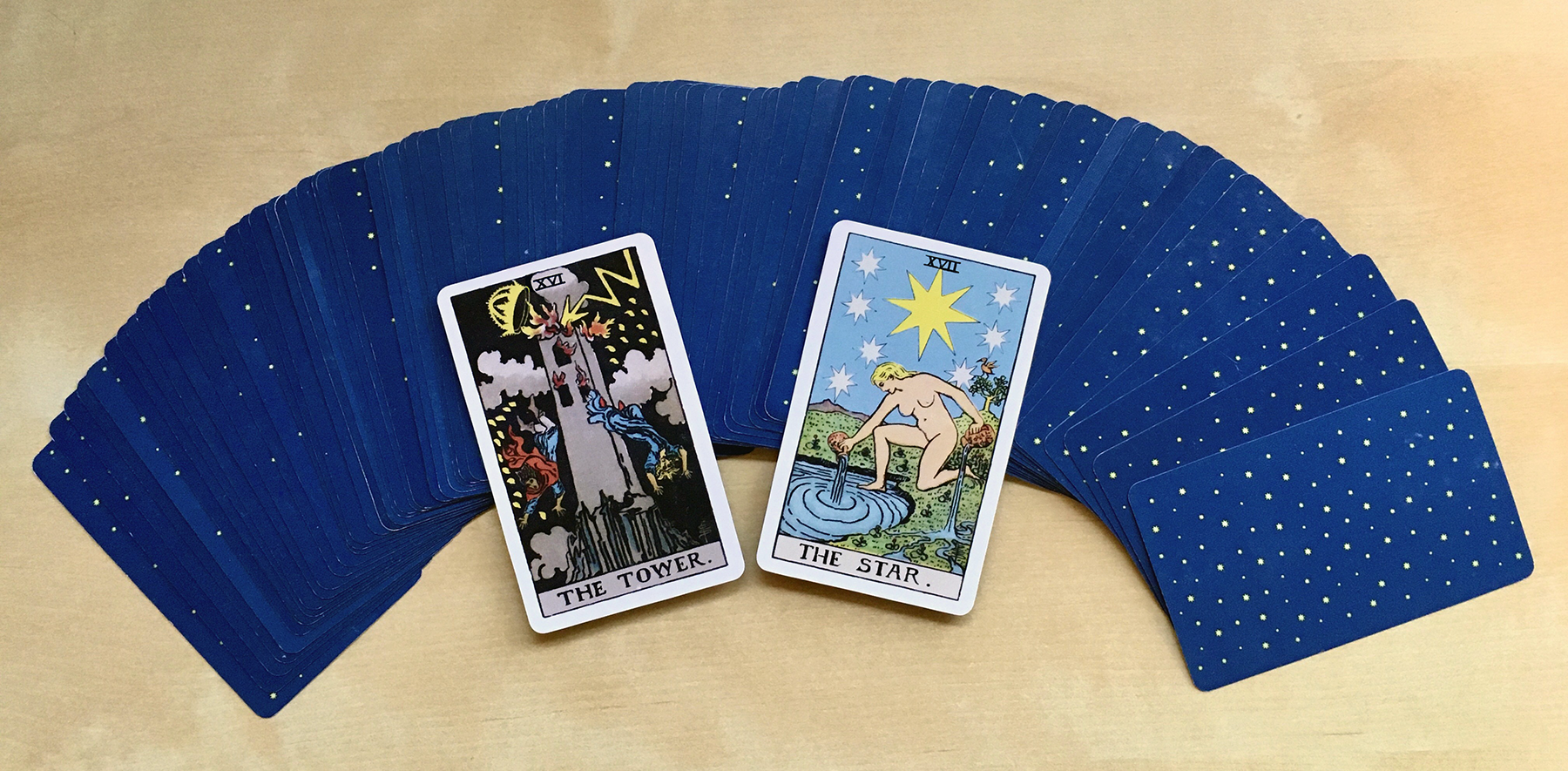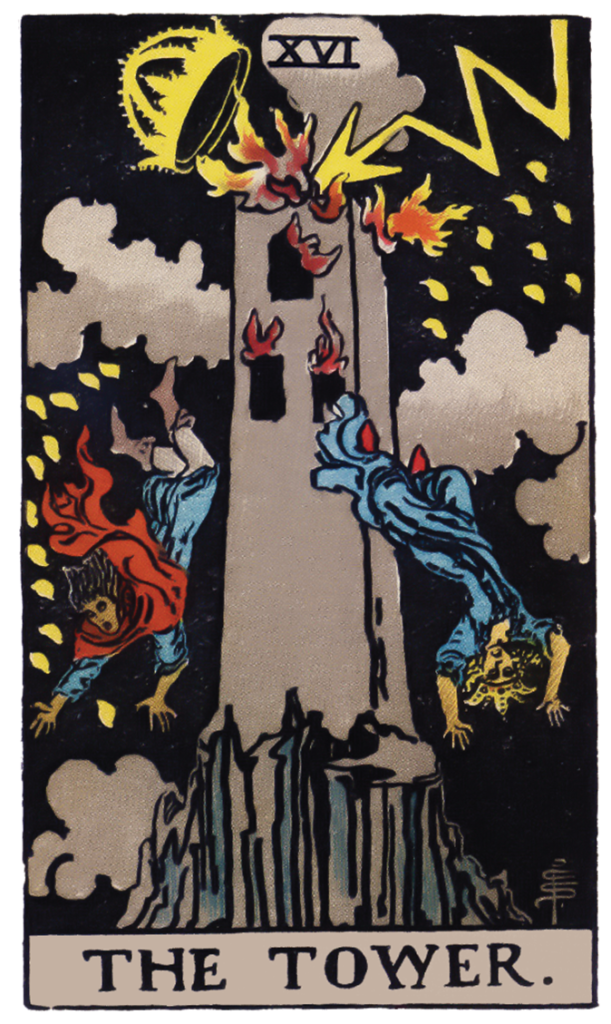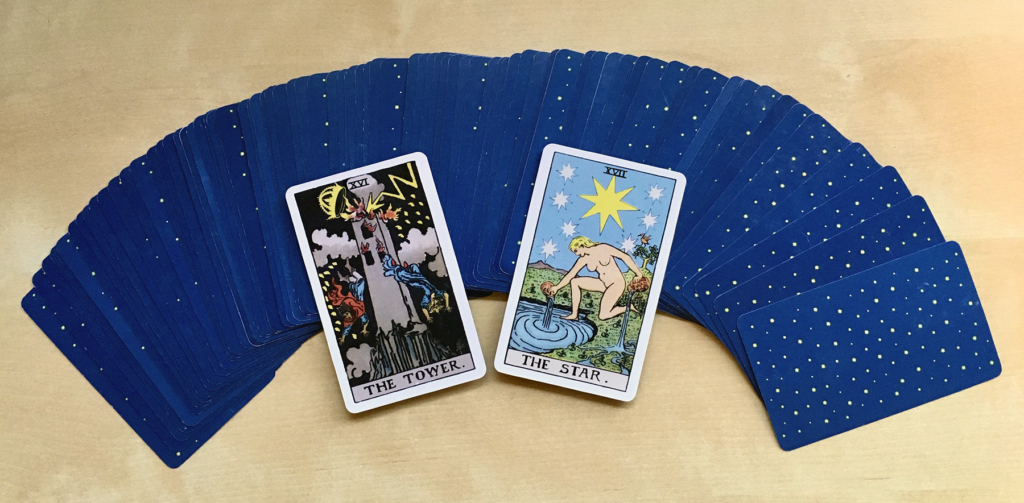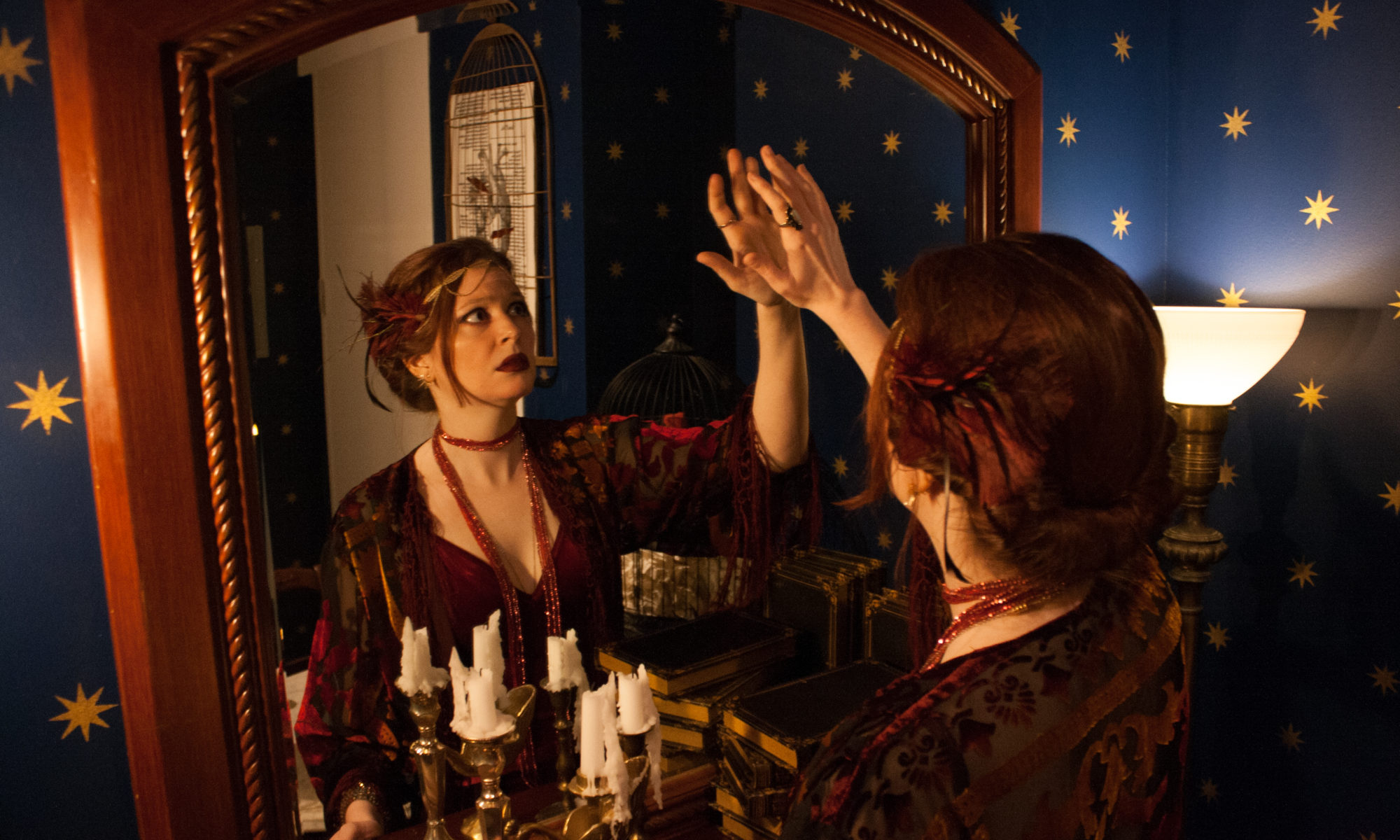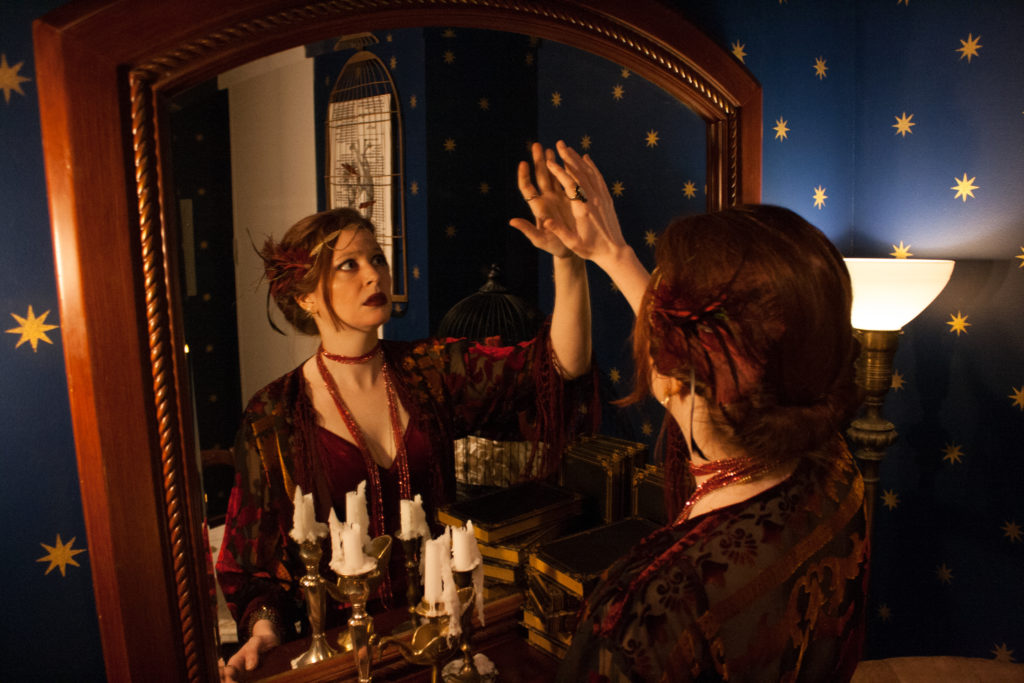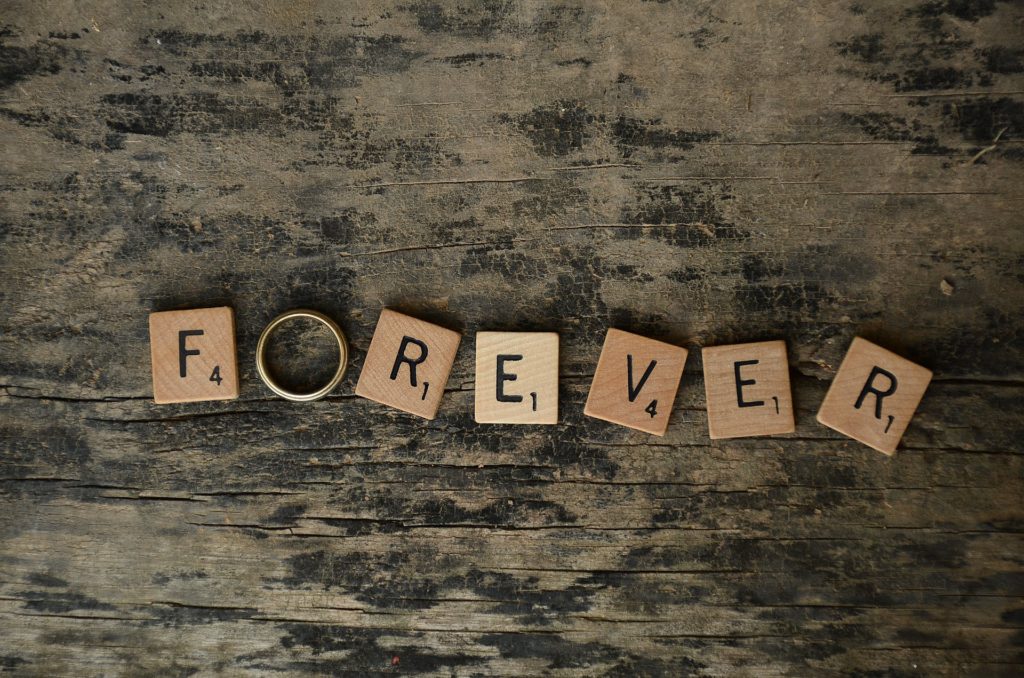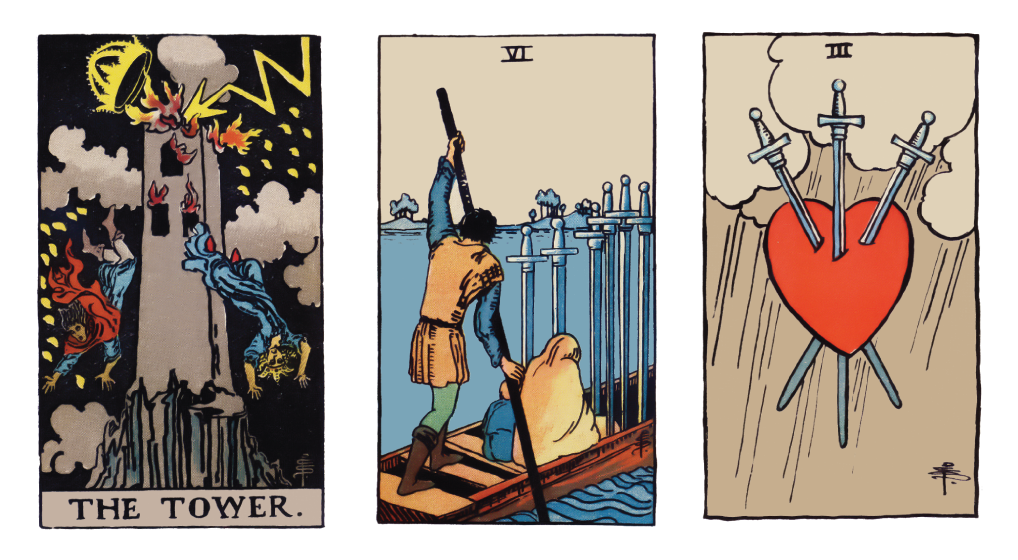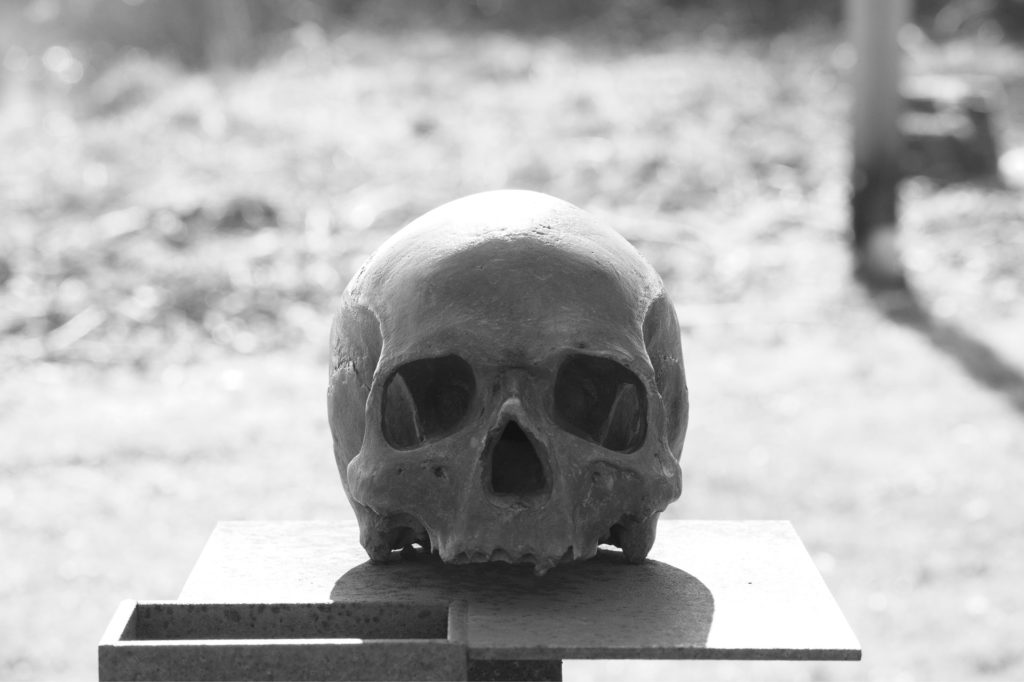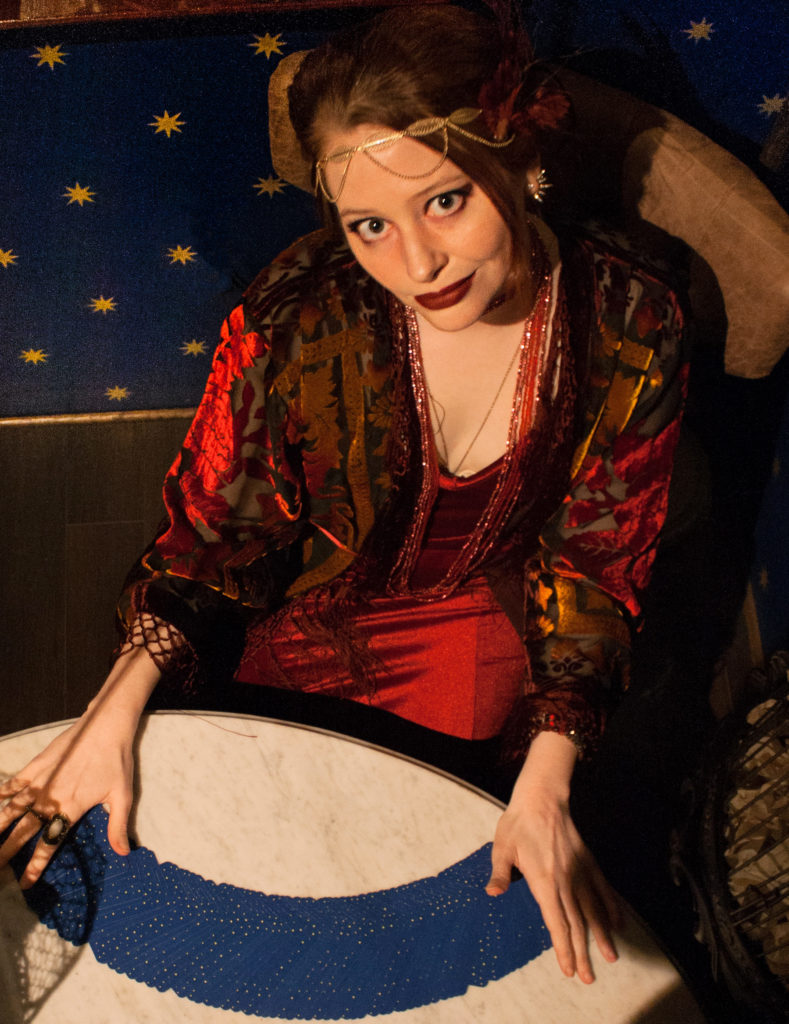Yesterday The New York Times announced that Punchdrunk’s Sleep No More will close on January 28, 2024.
A million masked faces cried out that day.
Dear Reader, you are reading this thanks to Sleep No More. I owe my professional life to Sleep No More. And why I love Sleep No More and always will above all other immersives is because I know I am not alone in saying that it changed my life.
Its legacy is an entire industry called immersive entertainment.

July 3, 2013
The date is seared in my memory.
No sooner was I off the elevator, but I got pulled into the narrow interrogation room with Malcolm and Macduff. The intimacy of an actor shutting me into the room. The violence of the swinging pendant. The interrogation. The tree! The alliance formed. As a Shakespeare super-nerd, I quickly recognized this was Act 4, Scene 3 of Macbeth, a rather knotty rhetoric scene, as post-modern dance: subwoofers blaring, my life slightly at risk.
Whoa.
I followed Malcolm all the way down to the first floor, and right before entering the ballroom for the banquet, he turned around, pulled me aside, and said “Shhhh…”
I was no audience member. I had an allegiance.

Later that night I saw the tragedy of youth in Macbeth’s ambition, in a way no spoken-word actor had ever conveyed, as he danced with the imaginary dagger through the cemetery. I tried to help Lady Macduff when she stumbled at the ball, and she held me close in her closet as she, in her drugged delusion, called me her lost child. She left me with an origami pocket filled with salt, the paper ripped from a Bible, to keep me safe. Reader, I have it to this day.

For the first time in my life, I left a play and refused to talk about it. How could I even begin to talk about it? Silence was the only conceivable answer.
True to the show’s name, I did not sleep that night.

The turn
Returning home, my theatrical endeavors now felt hollow. Actors sometimes sneak a sideways glance at the audience, live for the rare Friday night when there are laughs in the house, hoping against hope that someone out there “gets it.” We are so hungry for connection. But in truth, there is an impenetrable wall in the theatre.

No connection. No immediacy. No relationship.
I was dreaming of the McKittrick Hotel, still haunted by the people there I couldn’t help, the mazes within I hadn’t seen. I became that person (who first told me about the show), proselytizing for a solid half hour about the sheer wonder of the experience, only to forget and say “Oh yeah, and it’s all told through dance.”
But no one minded my proselytizing, and friends were booking tickets. They did not respond to this show like when I say I’m directing The Merchant of Venice or performing in yet another Blithe Spirit. They booked tickets willingly and often came back holding court about it just like I did.
Theatre has been trying to justify itself ever since film came out. The argument usually boils down to the fact that theatre is live and therefore supposedly more exciting. In Sleep No More, I saw what film could never do, leaning into live-ness so much that I had been to the McKittrick Hotel. The place was mine to explore, and the camera was my eye. The story I witnessed was no story, flattened out by a stage, screen, or page, but a memory in my body.
Whoa.
That Christmas, after my second visit, Cameron and I dared to ask, “Could we make something like Sleep No More?” It seemed impossible. No way could Houston support a year-round audience in the hundreds, nor could we handle the scale. But we enjoyed brainstorming a show anyway.
Along came Then She Fell: 8 actors, 15 audience, 3,000 sqft. A scale we could attain in Houston. Then we got serious. While developing show pitches, we played Trapped in a Room with a Zombie, something that Houstonians were buying tickets to. Then those pitches turned into escape room pitches. Escape rooms, to us at least, seemed to be begging for context, connection, immediacy. The rest is Strange Bird‘s history. I still don’t sleep well, because come morning, there is so much possibility.
Would we have gone to those two experiences and seen our vision without Sleep No More to frame them? I am not certain. The scale makes it impossible to ignore. Its confidence always gets me, 22 actors across six floors, perfectly synched. The massive statement that is Sleep No More makes a paradigm shift like we experienced seem almost inevitable. Assuming I would have bought tickets to these experiences at all (something of an assumption), I suspect I would have dismissed Then She Fell as a performance art dance project and escape rooms as cash-grabs aimed at nerds. Instead, I saw kin of the thing we loved the most.
Cameron described Sleep No More as “Mozart in the Stone Age.” When it opened in 2011, the United States had almost no exposure to immersive theatre.

Here lands this insane production, so far advanced in its understanding of immersive craft that it is almost outside of history. It was shocking. I think it still is shocking.
Attention must be paid.
The legacy
I’ve told my story above as a synecdoche. Mine is but one testimony. There are countless more out there. 450 people a night chasing actors in and out of the Gallow Green shops, staying with Macduff as he cradles his dead wife, witnessing Macbeth consumed by the trees. For twelve years.
I have spoken of the epicness, but its stability is as much a source for its influence. I relished Sleep No More‘s stability, to have a work of genius to point people to at any time. “Go to that. Then you’ll understand.”
I’d wager something like 80% of immersive theatre creators in the United States would say Sleep No More was their first and primary influence. The percentage is fewer for escape room creators, but I’ve met several (and their work is excellent).
And how many audiences were created by Sleep No More? People with no interest in creation, but still dreaming of the show nonetheless, hungry for the chance to turn a story into a memory. They started putting “immersive theatre” into Google and took chances on smaller and local productions, helping the industry grow. They probably now play escape rooms, chasing after a taste of Sleep No More.
Neither immersive theatre nor escape rooms would be where we are without the colossus that is Sleep No More.
And that is the true source of my grief. I grieve for the creators and consumers of immersive entertainment who will never be born because they cannot stumble into Sleep No More anymore.
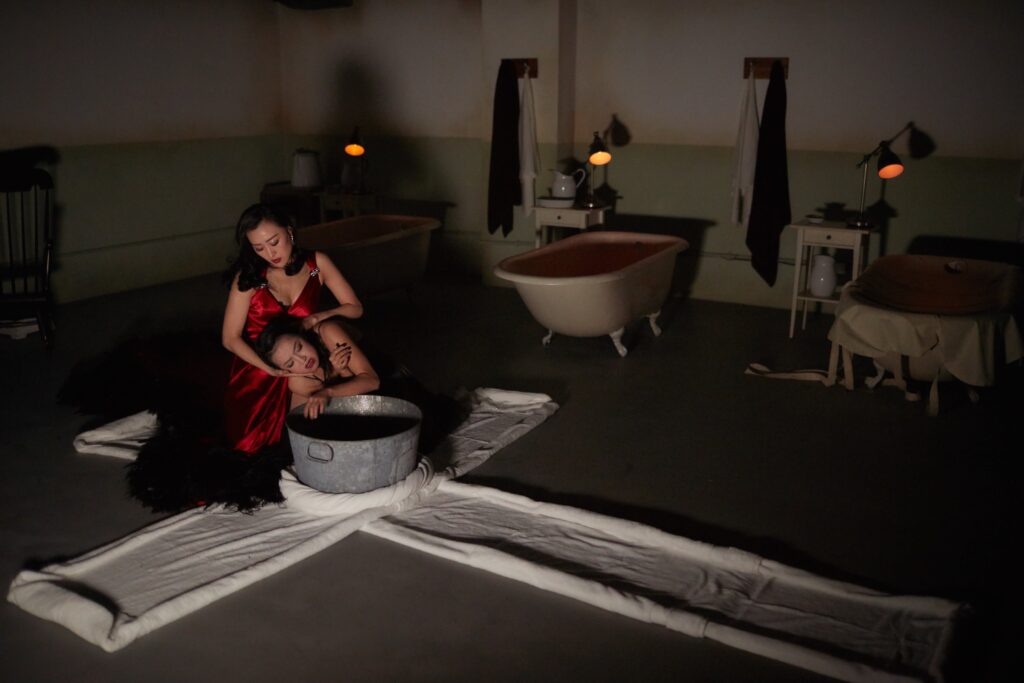
In 2022, we hosted about 3,000 guests at The Man From Beyond. That’s one week at the McKittrick. Us small fry can’t begin to aspire to having the same cultural impact. (Or revenue, for that matter.)
These are giant shoes to fill.
What’s next?
Something new will move into those six floors in Chelsea. I’m hoping for theatre, not a night club. I’m hoping Punchdrunk still has a part in it. Maybe they will make something as insanely precise as The Burnt City, which blew me away with their use of modern lighting and controls. Maybe they will fulfill their promise-threat of a cutting-edge non-masked structure.
Whatever comes next, the closing of Sleep No More marks the end of the First Age of Immersive Entertainment. I do not think it is the Death Knell, but the death of a colossus shrinks us more than the closing of the small scurrying mammals.
It is right to mourn the loss even as we turn to the new.
Thank you Punchdrunk for Sleep No More and to co-producer Emursive for giving it the stability to influence so many of us. This show will be missed.
It’s not Too late…yet…
If you’re reading this blog and haven’t gone to Sleep No More, what are you doing? Book tickets before it’s too late! It is both past and future. It will ground you in the essential history of immersives and still offer you a glimpse of what this form can be.

Check out my First Timer’s Guide: some prep and framing will benefit you greatly going in. Also note that you’ll need to be aggressive with other audiences. They’ve been overfilling it for years, and the final shows are likely to be packed with die-hard fans (who are a bit obnoxious, honestly). Some people are very turned off by that aspect, to the point of not enjoying it at all, so consider yourself warned.
Me? I like the aggression part a touch too much. It is my hope against hope that another show will come along in which I can unleash my true self: the hyper-aggressive weasel.
See you on the stairs. I’ll be the Woman in the Red Dress, running the Malcolm marathon on my tenth and final visit.


